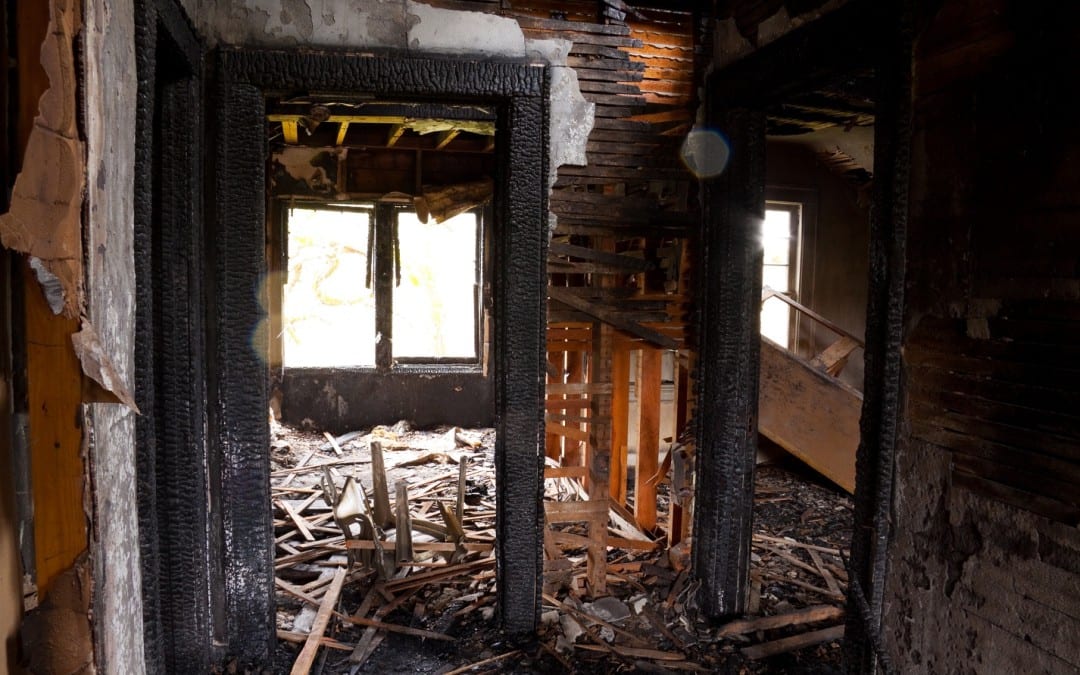Public liability insurance is one of the most important policies that a tradesman should have. It is intended to protect you from the cost of accidentally damaging other people’s property or causing them injury (for example where ACC doesn’t cover you). In this article we explain in plain language the meaning of some of the most important words in the policy.
Damage/Property Damage. To be a claim there must generally first be accidental damage to property. This can also include the loss of property that isn’t actually damaged and the loss of use of property.
Event/Occurrence. To be a claim the accidental damage must result from a single event. This event must be unforeseen and unintended from the standpoint of the policy holder.
Faulty/Defective Workmanship. Unfortunately there is no accepted insurance definition of faulty workmanship, which is why it can be such a contentious issue at claim time. Was damage caused accidentally or as a result of poor workmanship? Your view might be quite different from that of your insurance company. If your policy does not include cover for faulty workmanship you could find your claim is declined.
Consequential Loss/Resultant Damage. The policy can cover the indirect costs of damage you cause also. For example, the cost of lost sales due to a power failure if you cut through a power cable, or the subsequent water damage to walls and carpets caused by a leaky pipe.
Insured’s Products. Your own products are not covered by the policy. This can include anything you have constructed once it is no longer in your possession or control. It’s important you have a policy that is tailored to the building industry, otherwise your liability for damage to a house you’ve built could be excluded from cover.
This article is intended to clarify some of the definitions contained within most general/public liability policies available from major insurers in New Zealand. The specific wording from different insurers will vary and you should seek the advice of a professional if necessary. This article is not comprehensive and should not be relied upon as legal advice. Insurers will interpret and apply their own policy wording depending on the specific circumstances of each individual claim.

